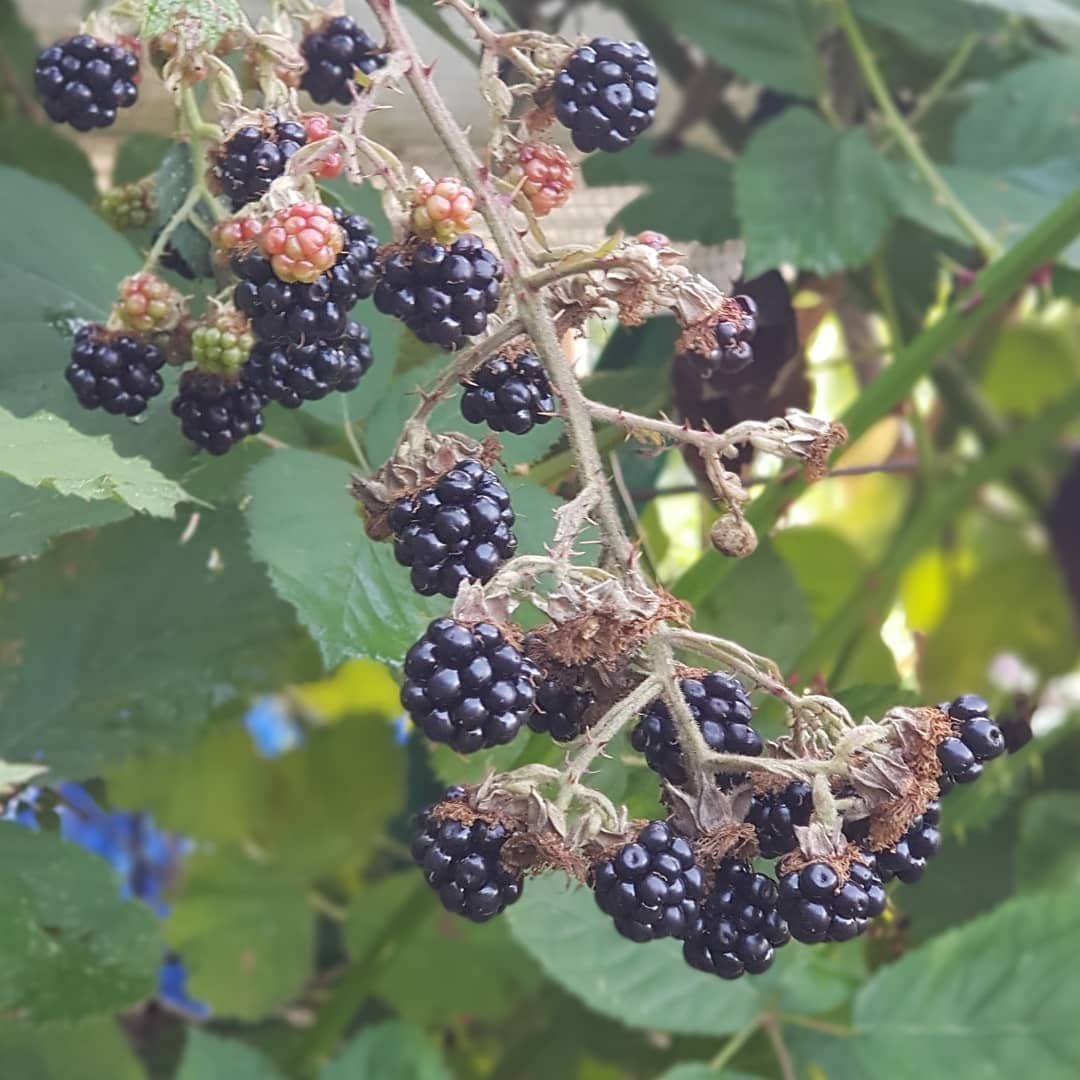Imagine a phrase as rich and layered as a perfectly ripe blackberry—a phrase that encapsulates the joys and sorrows of Black identity. “The Blacker the Berry, the Sweeter the Juice” has resonated for nearly a century, evolving from a literary seed into a powerful cultural anthem. Let’s explore its intricate journey through history, music, and the ongoing struggle for racial justice.
Unpacking the Proverb: Meaning and Significance
“The Blacker the Berry, the Sweeter the Juice” isn’t about actual fruit. It’s a potent metaphor for resilience, beauty, and the complex relationship Black individuals have with their racial identity, particularly within their own communities. It suggests that darker skin, often marginalized and devalued, actually holds the deepest richness and value—like the darkest berries bursting with flavor. This metaphorical sweetness represents inner strength, character, and resilience forged in the face of adversity.
Tracing the Roots: From Thurman’s Novel to Modern Usage
This powerful phrase likely finds its roots in Wallace Thurman’s 1929 novel, The Blacker the Berry. 1 A pivotal figure of the Harlem Renaissance, Thurman used the phrase to confront colorism—prejudice based on skin tone within the same racial group. He challenged the prevailing preference for lighter skin, celebrating the beauty of all shades of Blackness, especially the darker hues historically dismissed. It’s important to note that research suggests the phrase may have existed in some form within the African American oral tradition prior to Thurman’s novel, highlighting its organic development within the community.
For decades, the phrase primarily remained within academic and literary circles. However, in 2015, Kendrick Lamar’s song “The Blacker the Berry” catapulted it into mainstream consciousness. Lamar’s lyrics explore the multifaceted experience of being Black in America, addressing personal struggles, systemic racism, and the internal conflict of navigating a prejudiced world. His use of the phrase is both an affirmation of Black pride and a raw expression of anger and frustration. Did you know the history of the hit song, the Jeffersons? Find out the meaning behind the words, and what does anjin mean in this article.
The Duality of Meaning: Celebration and Struggle
Today, “The Blacker the Berry, the Sweeter the Juice” embodies a powerful duality. It is both a celebration of Black identity and a stark reminder of the enduring legacy of colorism and racism.
Embracing Blackness
The phrase serves as a bold affirmation of self-love and acceptance, embracing the beauty and richness of dark skin. It’s a recognition of the resilience and strength born from generations of overcoming discrimination. It’s an anthem of empowerment, challenging Eurocentric beauty standards and celebrating the unique beauty of darker complexions.
Acknowledging Pain
Simultaneously, the phrase acknowledges the pain and internalized oppression stemming from being judged based on skin tone. It’s a call for recognition and a demand for change, forcing a confrontation with the historical and ongoing trauma inflicted by colorism and systemic racism.
The Metaphor’s Enduring Power
“The Blacker the Berry” continues to evolve, resonating with different generations in unique ways. Some may interpret it as a symbol of resilience, the ability to find sweetness despite adversity. Others might view it as a commentary on the complexities of Black identity and the ongoing pursuit of equality. This ongoing evolution demonstrates the phrase’s dynamic nature and its capacity to adapt to the changing social landscape.
Further Exploration:
| Aspect | Description |
|---|---|
| Psychological Impact of Colorism | Future research could further examine the mental health consequences of colorism, exploring its impact on self-esteem and identity formation. |
| Global Relevance of Colorism | The concept of colorism transcends national borders. Investigating its manifestation in other cultures can enrich our understanding. |
| Future Interpretations | How might this phrase evolve in meaning as social justice movements progress? What new layers of meaning will future generations uncover? |
References
- Thurman, W. (1929). The Blacker the Berry.
By exploring the complexities of this powerful metaphor, we gain a deeper understanding of Black identity, the enduring impact of prejudice, and the ongoing struggle for equality. “The Blacker the Berry, the Sweeter the Juice” encourages us to celebrate diversity, challenge our biases, and appreciate the richness found in all shades of humanity.
- Crypto Quotes’ Red Flags: Avoid Costly Mistakes - June 30, 2025
- Unlock Inspirational Crypto Quotes: Future Predictions - June 30, 2025
- Famous Bitcoin Quotes: A Deep Dive into Crypto’s History - June 30, 2025
















